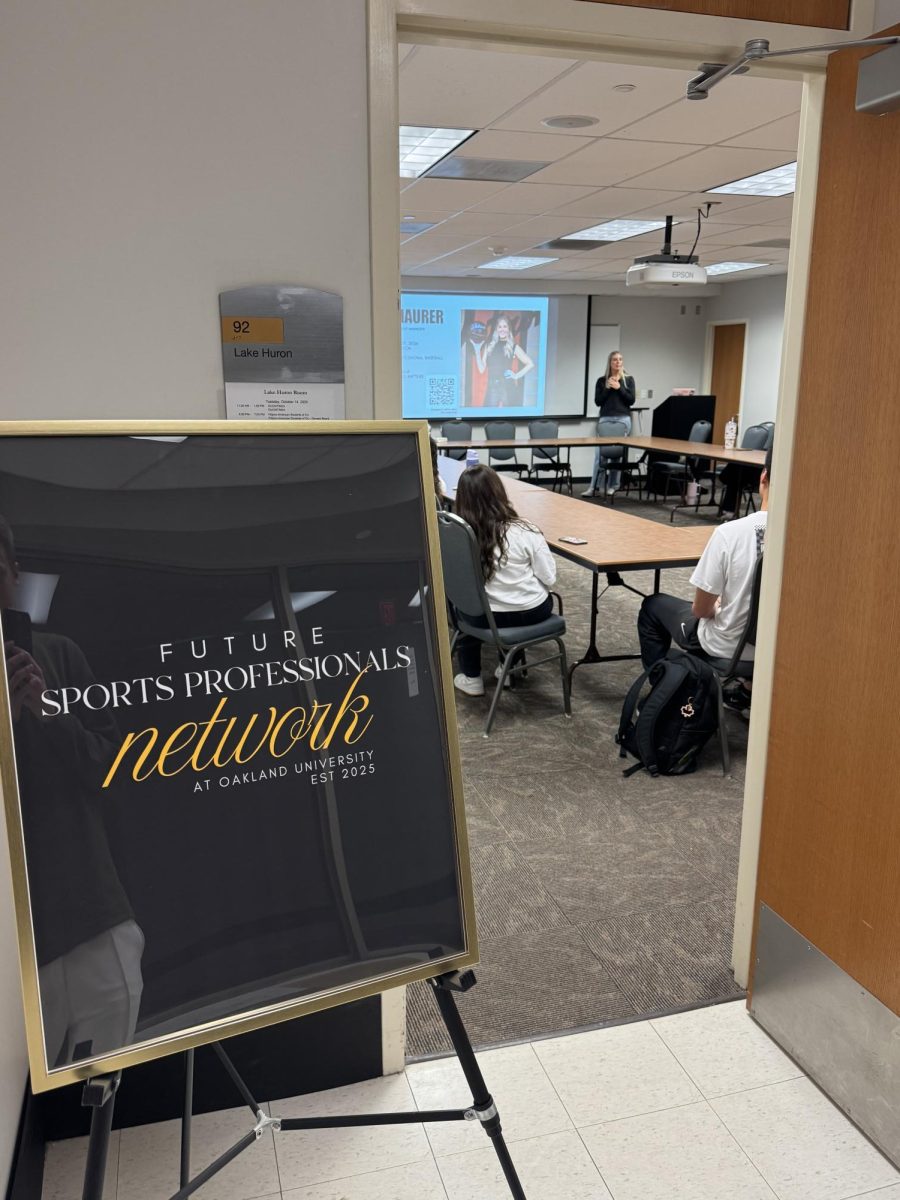At Oakland University, psychology professor and graduate student Jared Edge stands out for his academic achievements and his passion for animals, particularly his research on their learning behaviors. Born and raised in Alaska, Edge’s unique background has significantly shaped his career and approach to psychology, especially in his work with birds and other animals.
“I always knew I wanted to work with animals to some capacity for a long time,” Edge said. “I found I could work with them by doing psychological work with them — specifically their ability to learn complex behaviors very quickly. A lot of my early work was with lab rats and zoo animals.”
Initially, Edge was interested in becoming a veterinarian but ultimately found himself more drawn to research, particularly after realizing the emotional challenges of veterinary work. Instead, he shifted his focus toward studying the cognitive abilities of animals.
“The community of research psychologists was much smaller in Alaska,” Edge said. “I got to work more one-on-one with a couple researchers. I had to do basically all of the networking for my undergrad senior thesis on my own, just because there aren’t many resources for that type of research in Alaska.”
Alaska’s small academic community presented both challenges and unique opportunities. With limited resources and a lack of research-focused psychology programs, Edge had to be resourceful and independent.
“A lot of my work I am very independent about,” Edge said. “So having that experience early on definitely helped. I was also offered to teach the human sexuality course because of my expertise in sexual topics with asexual individuals.”
For students interested in psychology and research, Edge emphasizes the importance of actively engaging in hands-on experiences as early as possible.
“It’s important to pay close attention to what opportunities there are,” Edge said. “If you are in any way interested in researching psych, look for research opportunities that you can take part in. My own lab is an animal focused one, we are always looking for people to help code our videos.”
Edge’s passion for research and teaching comes through not just in the classroom but in the advice he gives to students eager to start their own academic journeys. Whether through hands-on experience in a lab or by connecting with faculty, Edge believes that early engagement is key to success in the field of psychology.
“Helping with research looks amazing,” Edge said. “I highly recommend identifying professors whose work you like, reach out to them, and see if they have opportunities for you to help them with their work. They pretty much always appreciate it, and it is a great opportunity to see what research is actually like, and to put something down on your own resume.”
Edge’s dedication to both research and teaching reflects his belief in the power of discovery — not just for knowledge’s sake, but for the impact it can have on shaping the future. He is driven by the potential for research to make a difference in the field of psychology.





